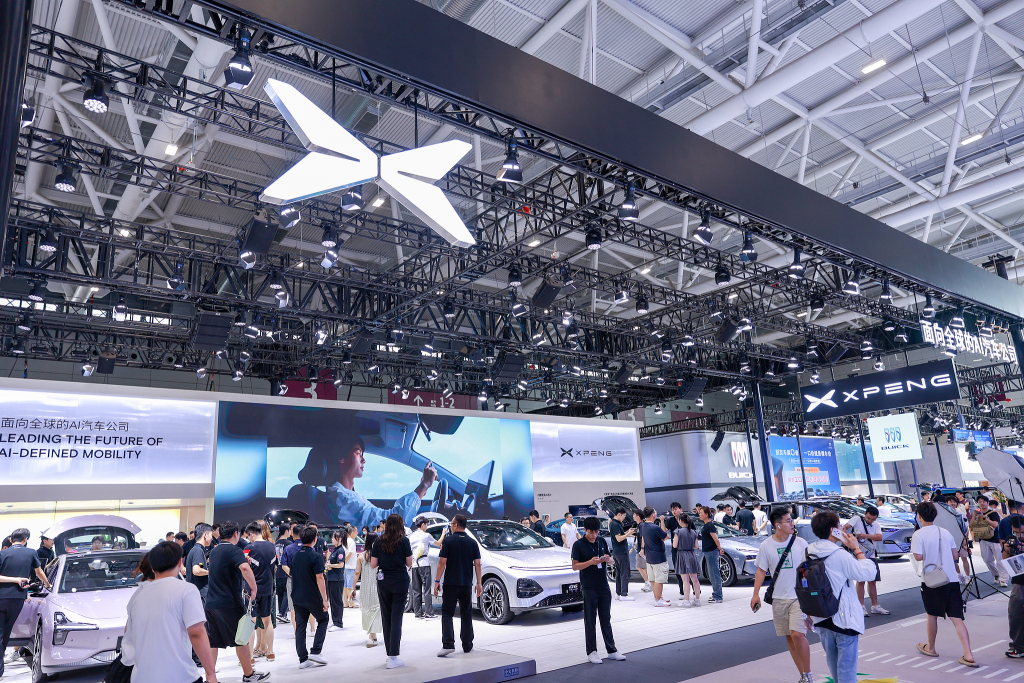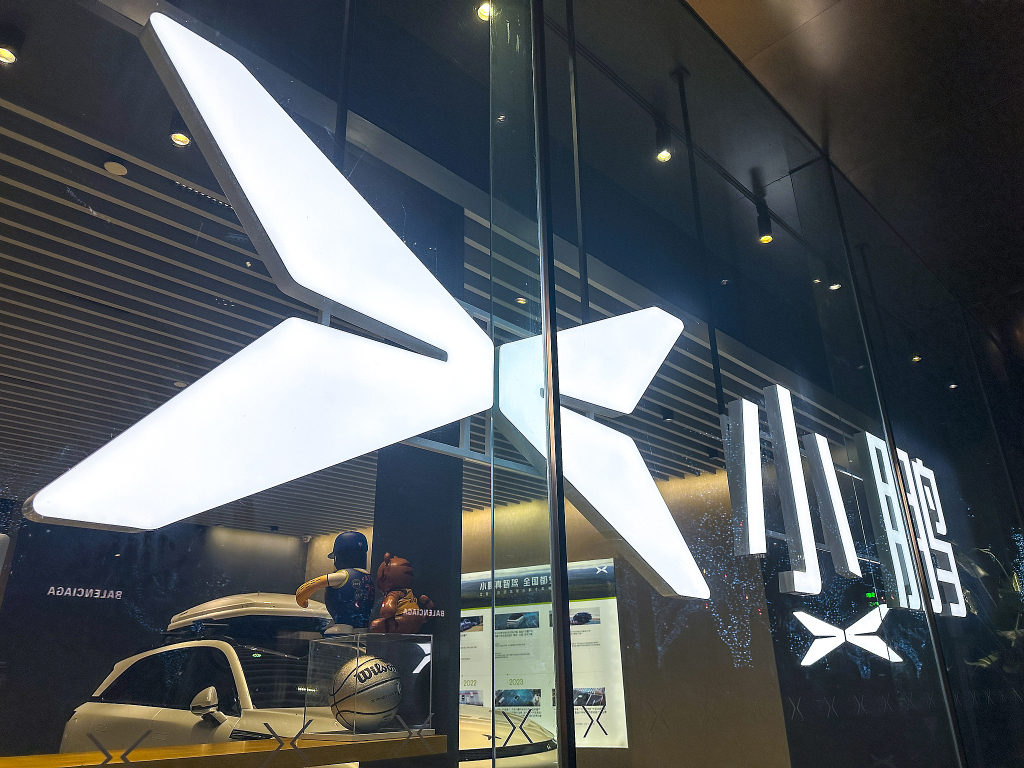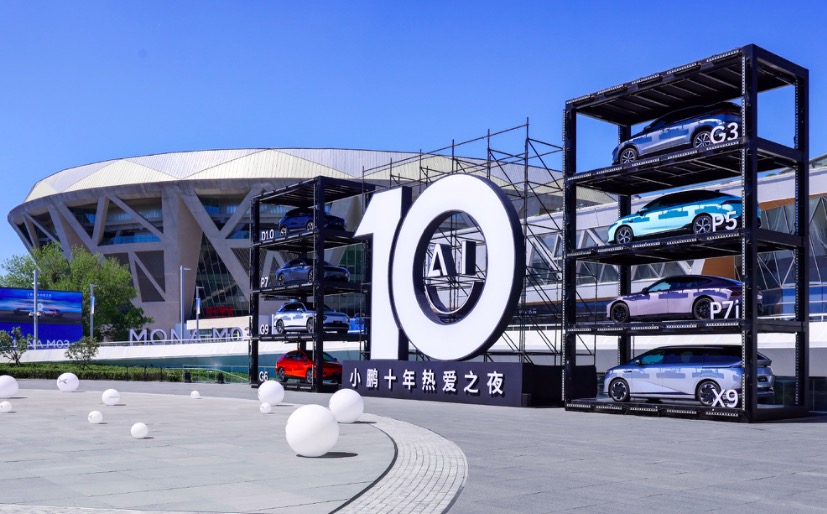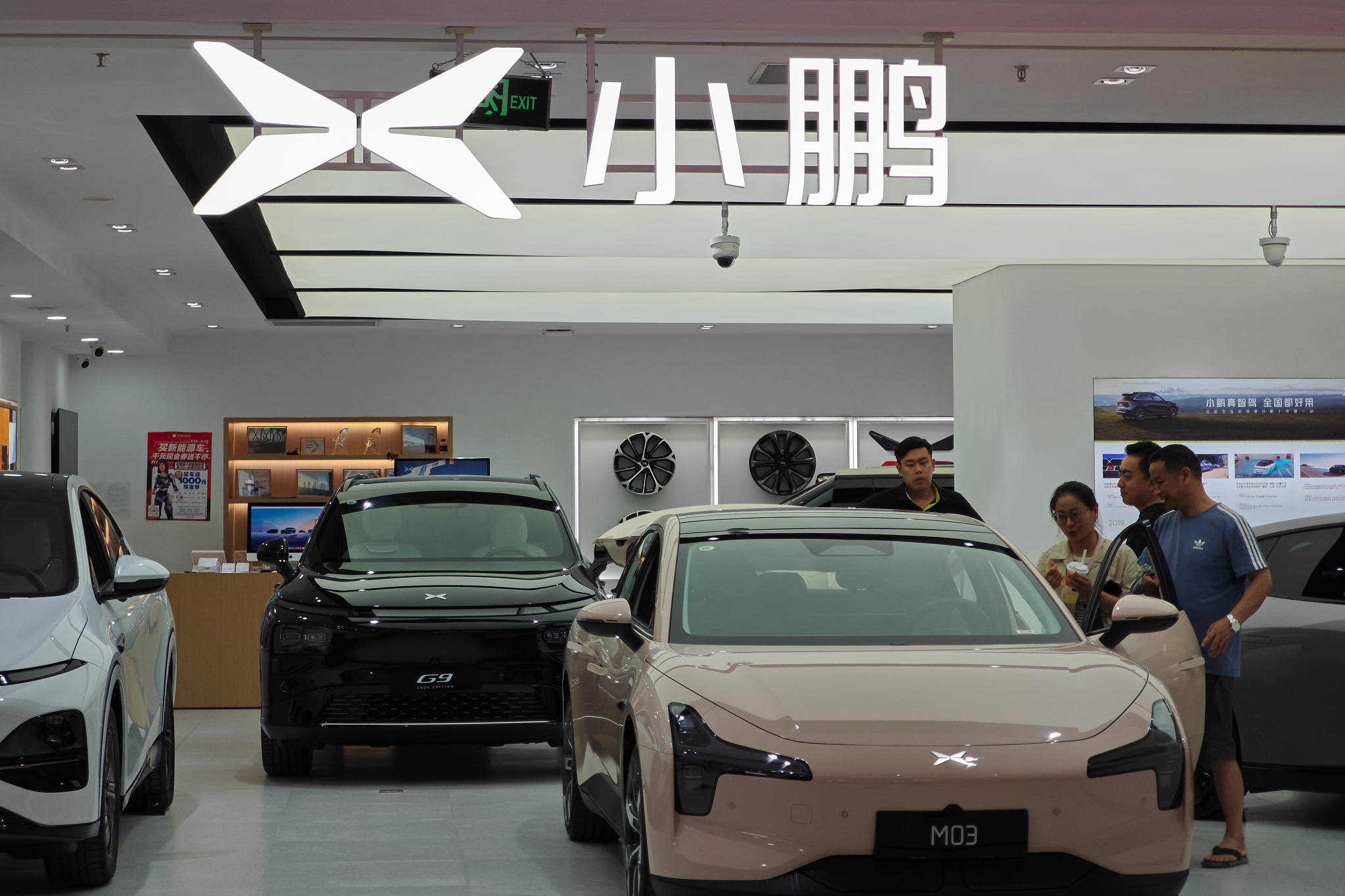

It may be difficult for second-hand cars with zero kilometres to sell overseas.
On June 25, Tang Zhikun, general manager of the International Business Center of Guangdong Xiaopeng Automobile Technology Group Co., Ltd., mentioned in an interview with The Paper and other media during the 2025 Global New Energy Vehicle Cooperation and Development (Shanghai) Forum that a large number of domestic cars are exported through the "zero-kilometer used car" model, with destinations including the Middle East, North Africa, Central Asia, etc. The volume is "attractive" and can indeed contribute a lot to sales. However, Xiaopeng is restrained in this regard and has not adopted this export model to increase short-term sales.
He revealed that from this year, the governments of many overseas markets are actually tightening this opening and gradually banning the import of second-hand cars with zero kilometers through regulations and certification.
Zero-kilometer used cars refer to new cars that have just completed registration and are re-entered the market as used cars. Previously, Wei Jianjun, chairman of Great Wall Motors, publicly criticized the industry for excessive internal competition, pushing zero-kilometer used cars into the public eye.
Exporting used cars to overseas markets is currently one of the important channels for zero-kilometer used cars. On this basis, professional export traders and logistics companies have emerged in the industry.
"We have also observed that some backlash has occurred in various markets: consumers have been complaining that the car computers are in Chinese, spare parts are not available, and there is no place to repair them. This kind of complaints are now very loud. I think such backlash has occurred since the first half of this year." Tang Zhikun said.
He believes that the prices of vehicles exported in the form of zero-kilometer used cars have disrupted the local price order, which has been noticed by many governments. At the same time, brands that truly layout the local market through normal channels have also been affected.
Tang Zhikun mentioned, "We are indeed quite fortunate that we were very restrained last year and did not do this. In the future, we will still firmly put brand and service first and make medium- and long-term plans. Otherwise, we will get some sales contribution in the short term, but in fact, in the medium and long term, the negative impact will definitely be far greater than the positive impact."
In Tang Zhikun's view, China's automobile industry has ushered in a golden window period for going overseas. "In 2021, we entered the early stage of going overseas 1.0 exploration and started Xpeng's overseas business in four Nordic countries. At the end of 2023, we formulated a new globalization 2.0 overseas strategy, which also accelerated the new globalization year from Northern Europe to Europe and the world. 2024 is a year of rapid development for Xpeng Motors overseas. In the next few years, we believe that it will be a golden window period for Chinese cars, especially smart electric vehicles, to go overseas, and we will continue to accelerate the development of Xpeng Motors in overseas markets."
He introduced that Xpeng Motors' goal is to enter more than 60 countries around the world by 2025 and build more than 300 service and marketing outlets overseas; to enter the top three in China's new energy vehicle exports in 2027; in the long run, it is hoped that half of Xpeng Motors' sales will come from overseas markets.


